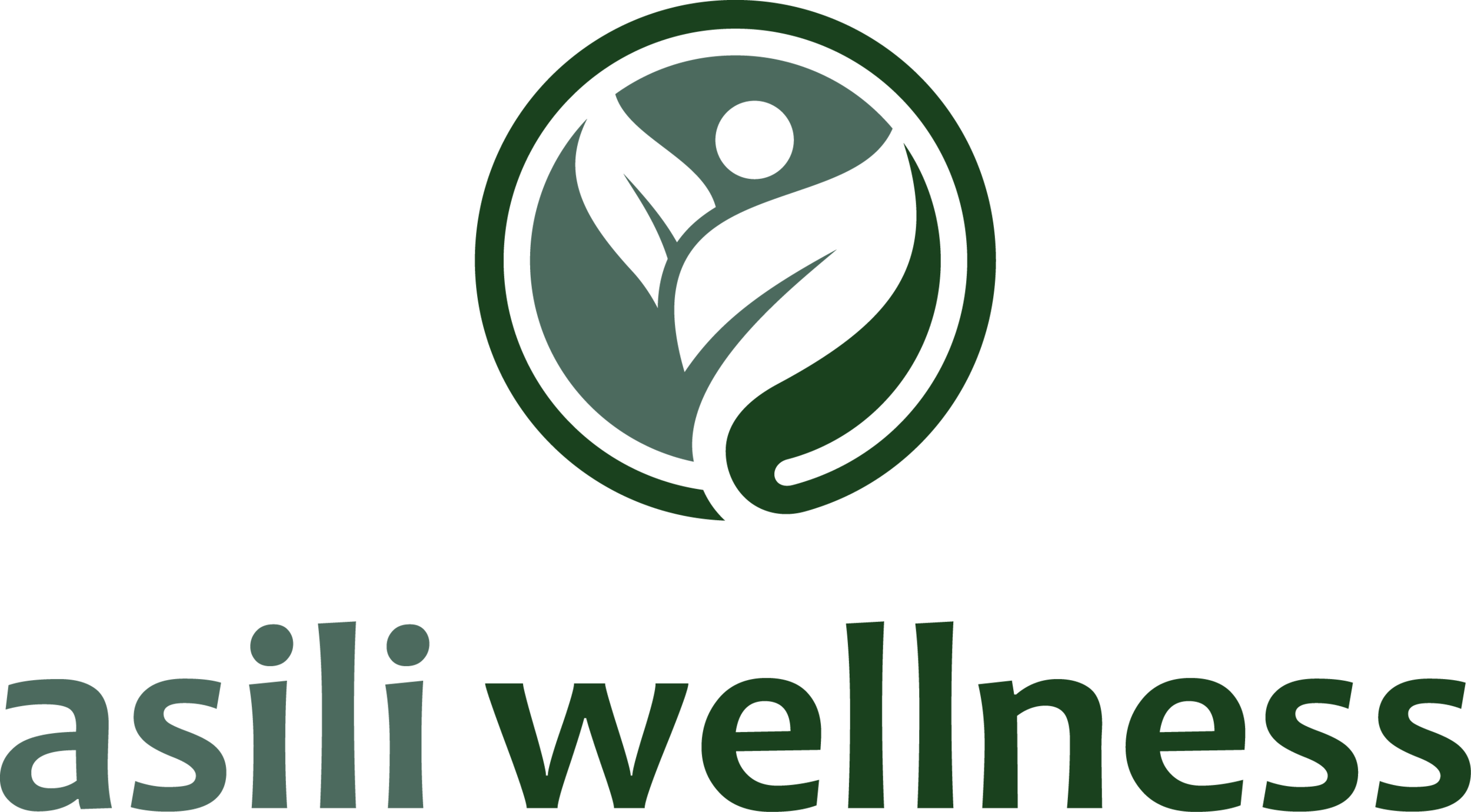Achieving Wellness: A Holistic Journey to Vibrant Living
Embarking on the path to wellness isn't just a goal; it's an exciting journey filled with possibilities! With commitment and the right mindset, you can make transformative choices that enhance every facet of your life—socially, personally, and professionally. Seize the chance to balance your mental, physical, emotional, economic, and spiritual health. Let's dive into what makes wellness not just attainable but genuinely enriching!
Mental Wellness
Your mental health is the cornerstone of your overall well-being. It shapes how you handle life's challenges and influences your thought patterns and problem-solving skills. The first step toward improvement is recognizing your options! If you ever feel bogged down by negativity or anxious thoughts, remember that change is always within your reach.
Action Steps
- Start meditating to find your calm.
- Don't hesitate to seek counseling.
- Open up to a friend about what you're feeling.
- Get moving with regular exercise.
- Tap into your creativity—let your imagination flow!
- Bring some greenery into your living space to lift your spirits.
- Protect your mental health by addressing your physical, financial, emotional, and spiritual needs.
Emotional Wellness
Have you ever felt on top of the world after a career achievement, only to face an emotional slump afterward? It's completely normal to experience emotional highs and lows. Every fluctuation presents a unique chance for growth and self-discovery. Taking charge of your feelings can be incredibly empowering—so let's embark on this journey toward emotional well-being together!
Action Steps
- Treat yourself with kindness and compassion.
- Cultivate gratitude to shift your perspective.
- Spend quality time with friends—nourish those connections.
- Allow yourself to take breaks when needed.
- Set clear boundaries to protect your energy.
- Journal to uncover and understand your feelings.
Physical Wellness
Just like a car needs regular maintenance, our bodies crave consistent care and attention. Exercise isn't just about looking good; it's also essential for our mental well-being! When you break a sweat, your body releases endorphins—those joyful hormones that lift your mood and alleviate stress. Plus, staying active helps regulate blood sugar and curb those pesky cravings! So, what steps can you take to nurture your physical health?
Action Steps
- Fuel your body with a balanced, nutritious diet.
- Practice yoga to blend mindfulness and movement.
- Find a workout buddy to stay motivated.
- Prioritize quality sleep each night.
- Practice self-care regularly.
- Take leisurely walks to clear your mind.
- Consider consulting experts for personalized guidance.
Financial Wellness
Your financial health significantly impacts your overall wellness. Whether starting a new job or saving for the future, being mindful of your finances is key. Sharpening your budgeting skills and making informed financial decisions will create a sense of stability and security. Imagine the empowerment of knowing you've set aside savings for surprises!
Action Steps
- Start saving, even if it's just a little.
- Develop a budget that works for you.
- Think ahead and plan your purchases.
- Practice self-control with your spending habits.
- Expand your knowledge with online finance courses.
- Dive into a good finance book to learn more.
Spiritual Wellness
Exploring spirituality is a vital component of your wellness journey. Are you making meaningful contributions to the world around you? Reflect on your relationship with a your purpose and others. Whether you find spirituality in service work, meditation, or prayer, prioritize nurturing this connection. Spirituality can provide immense comfort and strength, especially during challenging times.
Action Steps
- Engage in prayer to deepen your connection.
- Embrace meditation for inner peace.
- Actively practice your faith and values.
- Get involved in your community to make a difference.
- Volunteer at a local shelter to uplift others.
Final Thoughts
Wellness is a vibrant tapestry woven from all aspects of our lives. Every choice you make can either elevate or impede your journey. As you navigate this exciting path to well-being, remember that each step—no matter how small—brings you closer to a more balanced and fulfilling life. Embrace the journey!
Are you ready to live a healthy and vibrant lifestyle? The Eat, Live, and Thrive Bundle can help! It includes Naturally Nourished, The Everyday Yogi, and Five Tips for Maintaining an Active and Healthy Lifestyle with a Busy Schedule. Start your journey to a healthier you today!
Explore Yoga + Talk Therapy
Shop Products
Join Thrive
thrive is a complimentary resource with fresh goodies each month intended to help you create a healthier lifestyle mentally, physically, and emotionally.
Call, email, follow, or shop today to start your journey!
Peace & Wellness, Dr. Nicole













